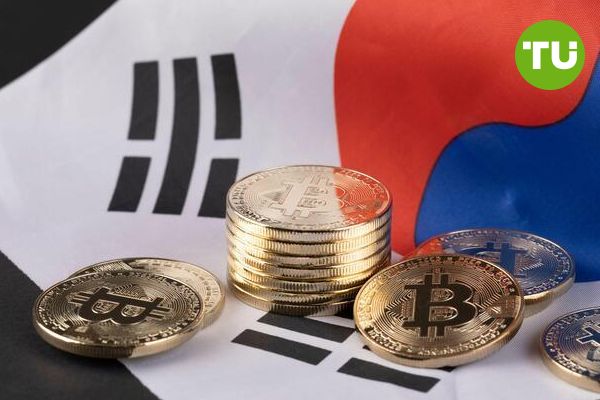Delio, South Korea's largest virtual asset platform, declared bankrupt with $1.75b in losses
 Delio, South Korea's largest virtual asset platform, declared bankrupt with $1.75b in losses
Delio, South Korea's largest virtual asset platform, declared bankrupt with $1.75b in losses
Delio, South Korea’s virtual asset deposit platform, has been declared bankrupt by a Seoul court on November 22, with $1.75 billion in customer assets lost. The platform ceased withdrawals in June 2023, and liquidation proceedings are set to begin, with customers allowed to file claims until February 21, 2025. The first creditors’ meeting is scheduled for March 19, 2025.
According to the court statement, a significant portion of Delio’s assets had been deposited into FTX accounts, which became inaccessible following FTX’s bankruptcy in November 2022. Although FTX has announced a reimbursement timeline, this still left Delio unable to recover customer deposits, impacting approximately 2,800 customers.
Legal battles and corporate fallout
Delio, founded in 2018, was a prominent crypto firm and the first in South Korea to achieve Virtual Asset Service Provider (VASP) status in 2022. However, it faced mounting legal and regulatory challenges. In September 2023, South Korean regulators fined Delio $1.34 million, suspended its business license, and recommended the dismissal of CEO Jeong Sang-ho, who is currently on trial for fraud, embezzlement, and breach of trust.
Delio’s legal troubles extended to countersuing South Korean authorities for alleged misinterpretation of regulations. Additionally, its sister company, Haru Invest, declared bankruptcy just days before Delio, ceasing operations in June 2023. Haru’s CEO, Hugo Hyungsoo Lee, faced violent backlash from affected customers and was attacked during bankruptcy proceedings in August.
Delio’s bankruptcy marks a significant blow to South Korea’s cryptocurrency industry, highlighting the vulnerabilities of platforms that fail to adequately secure customer funds. The platform’s entanglement with FTX and subsequent inability to safeguard its clients underscores the need for stricter oversight in the burgeoning digital asset market.
As the liquidation process unfolds, the industry will be watching closely to see how customer claims are handled and whether the case prompts regulatory reforms to protect investors in the future.













































































































































